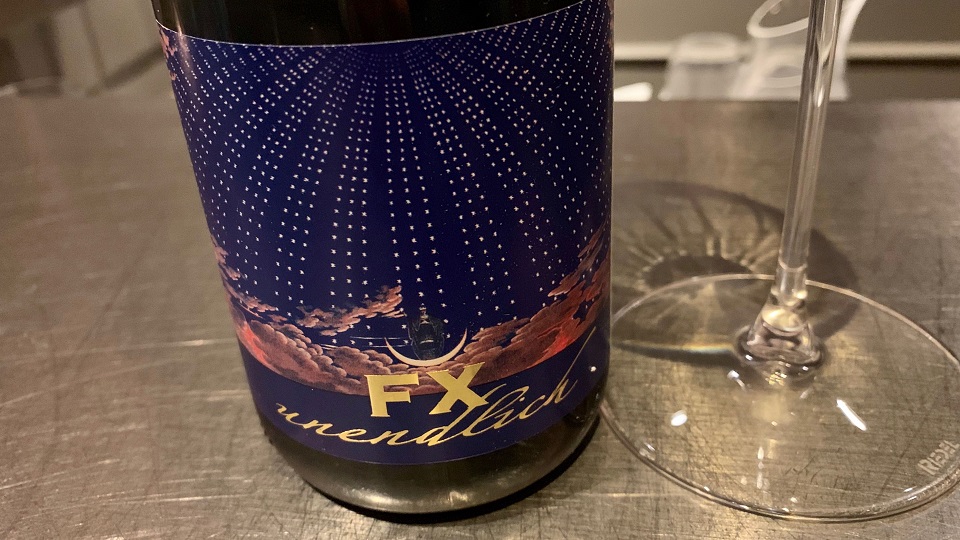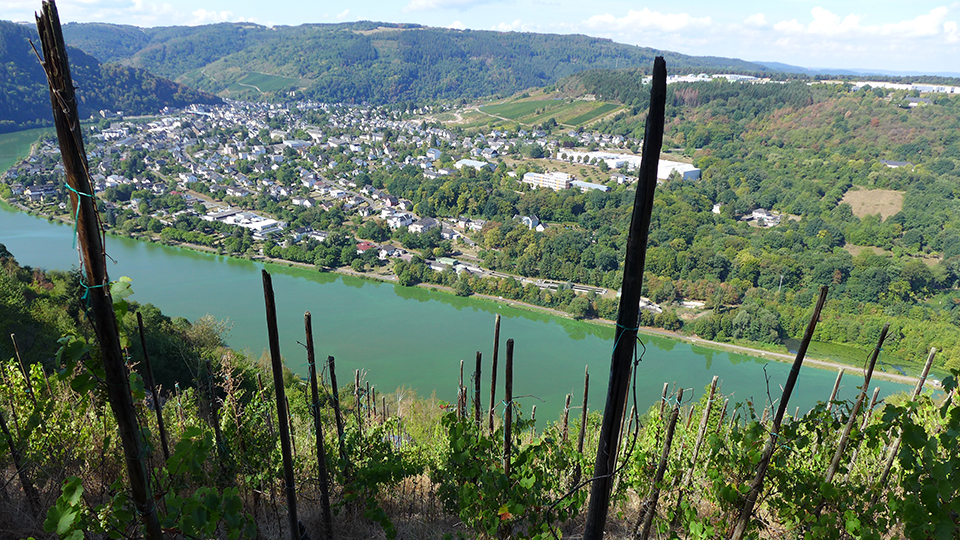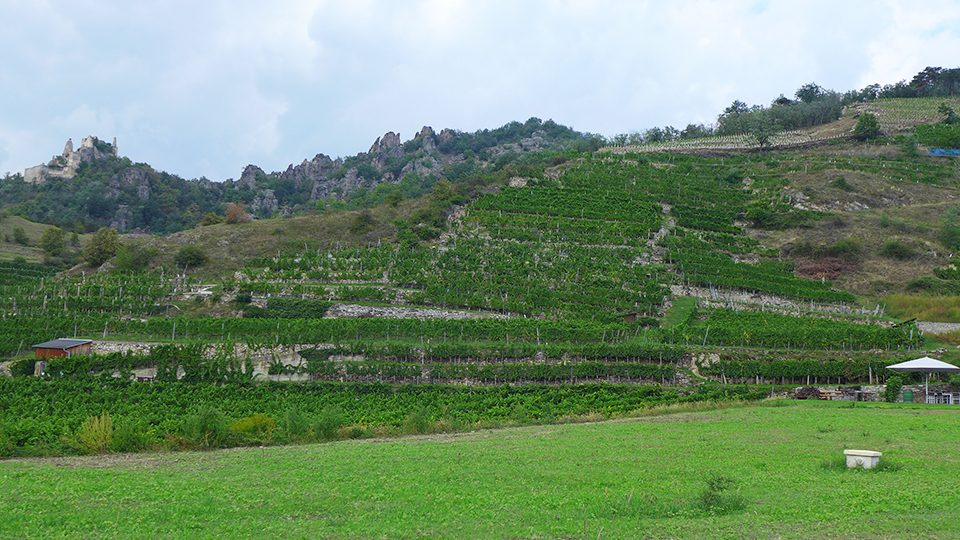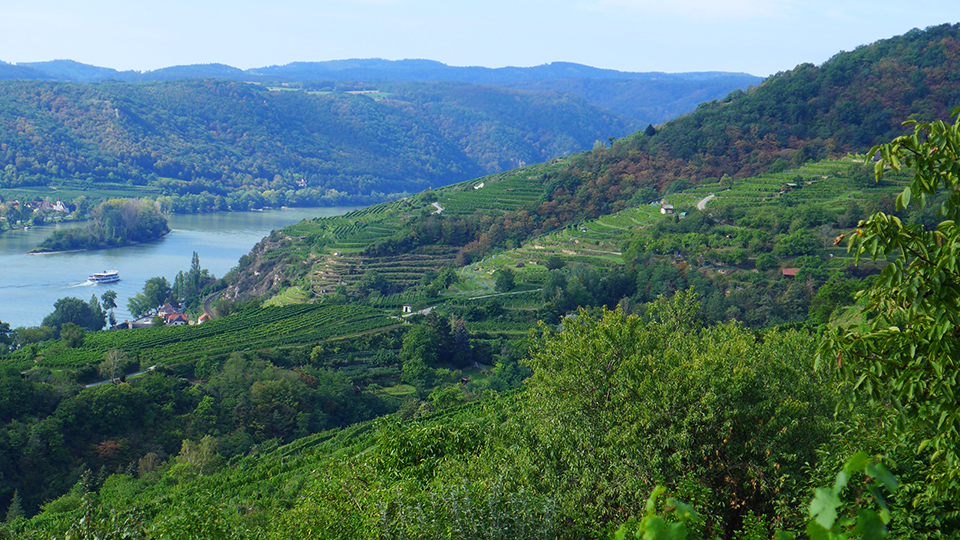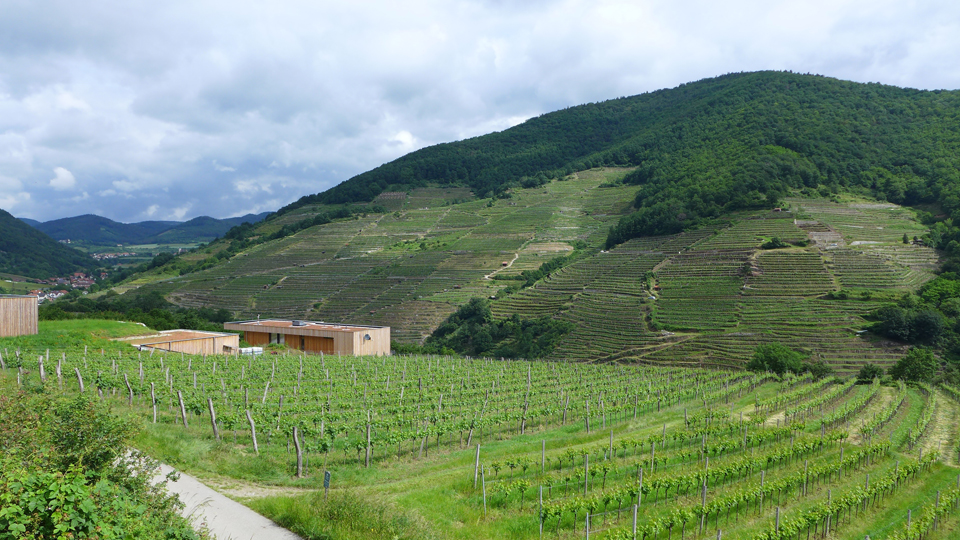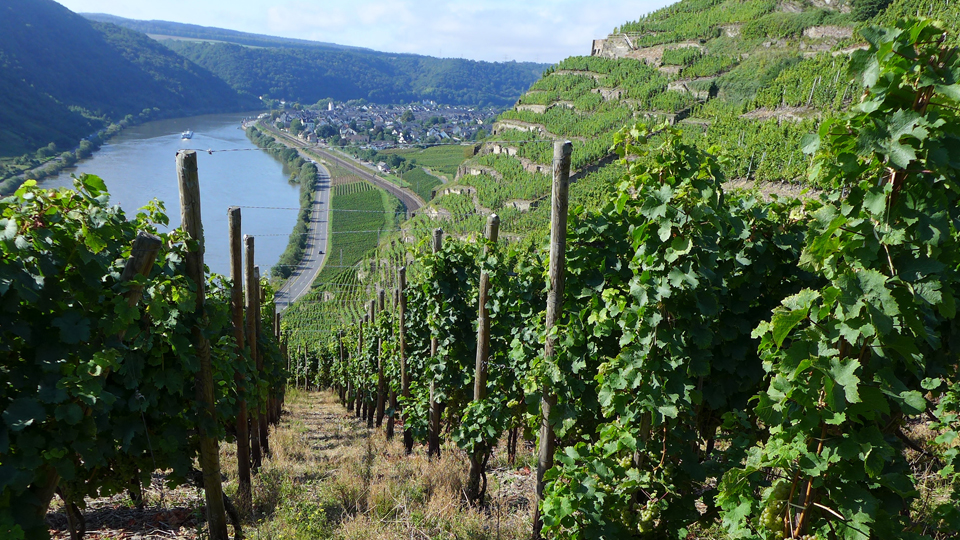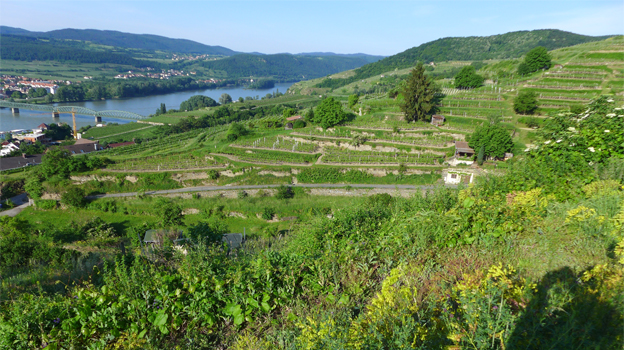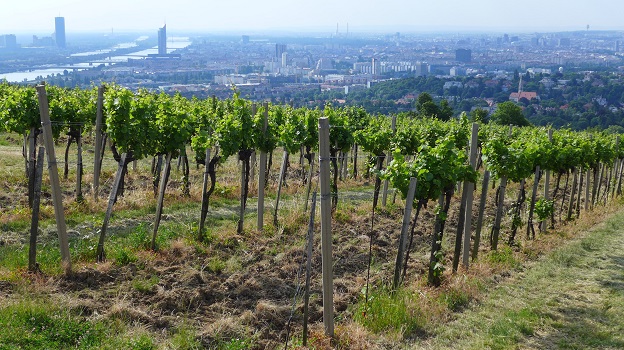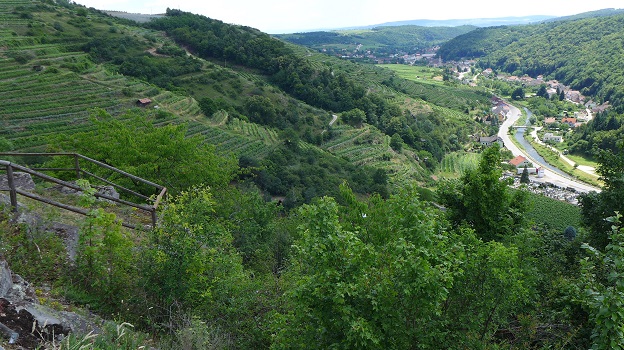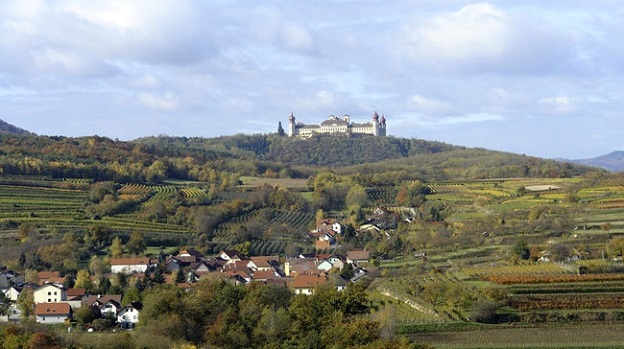Browse using the new Vinous website now. Launch →
Cellar Favorite: 2006 Weingut F.X. Pichler Riesling Smaragd Unendlich
Austria, cellar favorite, Cellar Favorites
, May 2019
Pichler’s 2006 Riesling Smaragd Unendlich (the name translates to ‘unending’) is one of the most remarkable wines – white or red – I have tasted in a long time.
A Preview of 2018 and 2017 in Germany and Austria
Austria, featured, Germany
, Jan 2019
In canvassing Germany’s precarious vintage 2000 for The International Wine Cellar in early 2002, I led off by observing: “The decade of the 1990s was an extraordinary one for German vintners. At its midpoint (back in Issue 64), I wrote: ‘We are in the midst of a streak of vintages utterly unprecedented in the history of German viticulture.’ And I hadn’t seen or tasted the half of it....!"
Austria’s Riesling & Grüner Veltliner: 2016’s Challenges Met
Austria, featured
, Dec 2018
The tension and excitement (in a single German word, “Spannung”) that attended the 2016 growing season for Austrian Riesling and Grüner Veltliner, as well as the resulting wines, were predictably nowhere more evidenced than in the Wachau and Kamptal. Lovers of Austrian Riesling and Grüner Veltliner are likely to discover much joy in investigating and drinking the finest 2016s.
2016 Austrian Riesling & Grüner Veltliner
Austria, featured
, Oct 2018
A growing season that presented enormous challenges also harbored opportunities, on which Austria’s top practitioners of Grüner Veltliner and Riesling capitalized to make sleek, invitingly fragrant wines of intricacy, charm and alcoholic moderation. The best are often more exciting than their 2015 counterparts.
Vintage Report – 2016 in Germany and Austria
Austria, featured, Germany
, Sep 2017
The weather extremes experienced in so many recent vintages have been accompanied increasingly by years featuring remarkably similar meteorological and growing patterns that stretch from the Mosel to parts of Austria nearly 400 flight miles distant. In the end, ironically, the drama that preceded it led to a 2016 Riesling harvest as stress-free as many Austrian and German growers could recall, and to grapes whose very gradual ripening and modest eventual must weights would have seemed more familiar to growers of the mid-20th century.
Vintage Preview – 2017 in Austria and Germany
Austria, featured, Germany
, Sep 2017
It seems as though the climatic changes that help explain so many 21st century Riesling growing seasons of unprecedented extremes in weather are having this additional effect: For the third year in a row, in 2017 one can characterize the growing season for Riesling in Bernkastel on the Mosel in very similar terms to that in Krems on the Danube, exactly 400 crow-flying miles distant.
Austria’s 2015 Rieslings & Grüner Veltliners: Ripe & Ready
Austria, featured
, Feb 2017
Two thousand-fifteen, a stress-free vintage for growers, overflows with generous, lovely wines that belie mid-summer drought and record-setting heat.
Austria 2014: A Catastrophe? Not Qualitatively!
Austria, featured
, Feb 2016
At several stages, the 2014 growing season in Austria’s Riesling and Grüner Veltliner-dominated growing regions offered a near mirror image of conditions in 2013. Yet, meteorological opposites though they often seem when viewed on a month-by-month basis, each ended-up delivering wines comparatively high in dry extract, pronounced in acidity and low in alcohol. The deviations from the norm in 2014, though, were extreme. And only very selectively could growers achieve ripeness and depth of flavor—not to mention aromatic and textural allure—that could be compared with the norms of downright sensational 2013.
2013: A Great Vintage for Austrian Riesling and Grüner Veltliner
Austria, featured
, Nov 2015
Despite a growing season marked by a dry summer that was statistically among the five hottest of the last century, Austria’s 2013 Rieslings and Grüner Veltliners display exceptionally bright acidity, clear flavor definition and uncanny complexity.
Austria 2013
Austria, featured
, Sep 2015
I found growers in high sprits when discussing their 2013s. After extremely low yields in both 2012 and 2010 caused commercial difficulties for many estates, the more bountiful 2013 also brought relief in terms of production levels. Given that 2014 will again be very short in volume and largely mediocre in quality, consumers should carefully scout the available selection of 2013s at their local wine shops in order to buy the best bottles while they are still to be found.

